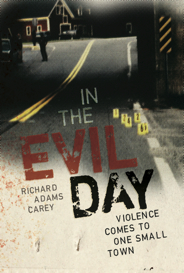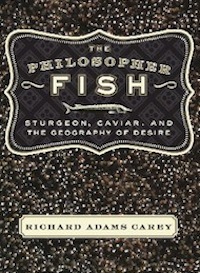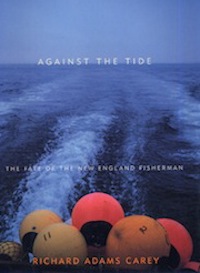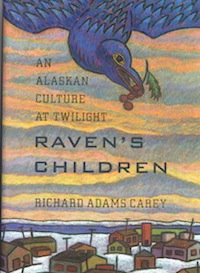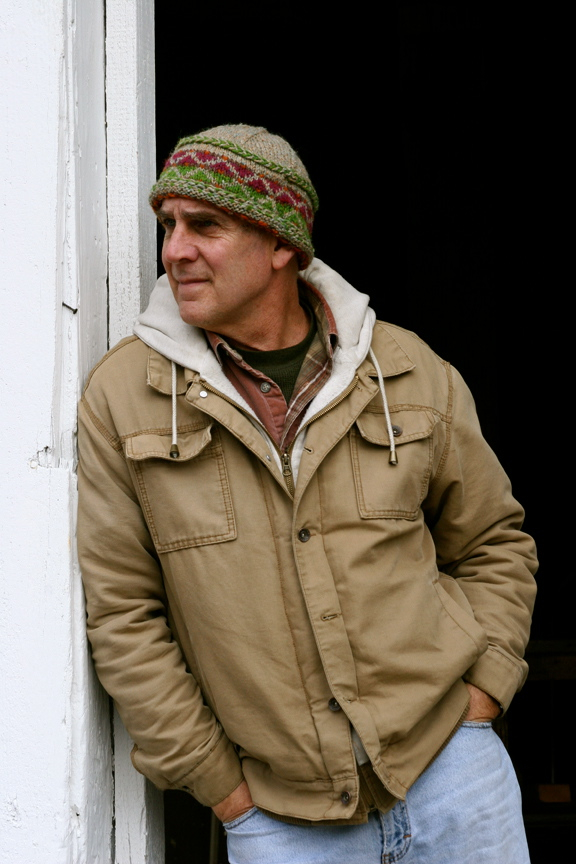
Photo: Susan Carey
While still a boy I read somewhere about how Robert Frost spent a typical day: write beautiful things in the morning, go hiking or play tennis in the afternoon. I imagined T.S. Eliot or Carl Sandburg—why not together?—would come calling for dinner. I had just learned that you could get paid for playing football or baseball, and that was pretty cool, but this sounded even cooler.
Hartford, CT, in the 1950s and ’60s. I chose the Red Sox over the Yankees. Our upper middle class Irish Catholic family descended the economic rungs due to circumstances—booze—beyond Dad’s control. A scholarship boy at the Loomis School and Harvard. At Harvard we cleaned the bathrooms and vacuumed the dorm room floors of our full-pay brethren.
Nobody bought my poems. Played in a short-lived rock band. Spent half a year jobless and homeless in Alaska, sleeping in vacant lots and blessing the Salvation Army for their soup kitchen. Cut up king crabs and salmon in a cannery on Homer Spit. A year running a trim saw and stacking lumber at a mill in the Cascade Mountains. Custodial work at Harvard’s Museum of Comparative Zoology. Book buyer at the Jeffery Amherst Bookshop in Amherst, MA. One season of summer stock theater. Hired to teach English in Kongiganak, a Yupik Eskimo (not Inuit) village on the Bering Sea, on Alaska’s southwest coast. Way off the tourist track. Nobody had soul-killing jobs, but neither did anybody have enough money. They hunted, fished, loved doing so. A place where people depended—still depend—on abundant wildlife to live. A place where our environmental predicament on this wee planet looms in stark relief.
Some magazines bought articles and photos from that place. A book contract to write Raven’s Children, and then research: a season hunting, fishing, and gathering waterfowl eggs and wild berries with a Kongiganak family, Oscar and Margaret Active and their children. Followed by a contract to write Against the Tide, and a year fishing off Cape Cod with Brian Gibbons (lobsterman), Carl Johnston (draggerman), Mike Russo (long-liner), and Dan Howes (quahogger). Followed by a contract to write The Philosopher Fish, and travel all over the US and central Asia, to track the sturgeon, the tragic and inscrutable fish that lays golden eggs, and in doing so perilously endangers itself.
Nobody in New Hampshire’s North Country has enough money either. The winters are hard enough, the spaces big enough, to remind you of Alaska. The town of Colebrook is a place where people depend on each other to live, and where a terrible series of murders were wrought in 1997. If the soul of humankind resides in rivers and forests and oceans, where we first made our living, the soul of America resides in its small towns. In the Evil Day: Violence Comes to One Small Town was written without a contract, which meant—on the bright side—that I could take the time to do it just right. That ended up as something like thirteen years, a duration not recommended for career advancement. But that’s what it took.
Preserved from soul-killing jobs by Southern New Hampshire University, where I teach in their MFA in Fiction & Nonfiction program, and Holderness School, for whom I produce an alumni magazine. Thank you, thank you.
Eliot and Sandburg never hung out together, and neither of them (to my knowledge) ever had dinner with Frost. I get to write in the morning and go hike or play tennis in the afternoon. I love New Hampshire, but miss Alaska and have forgotten much of the Yupik I once knew. It’s a lovely and mysterious language. I watch my pennies and root for the Red Sox.


